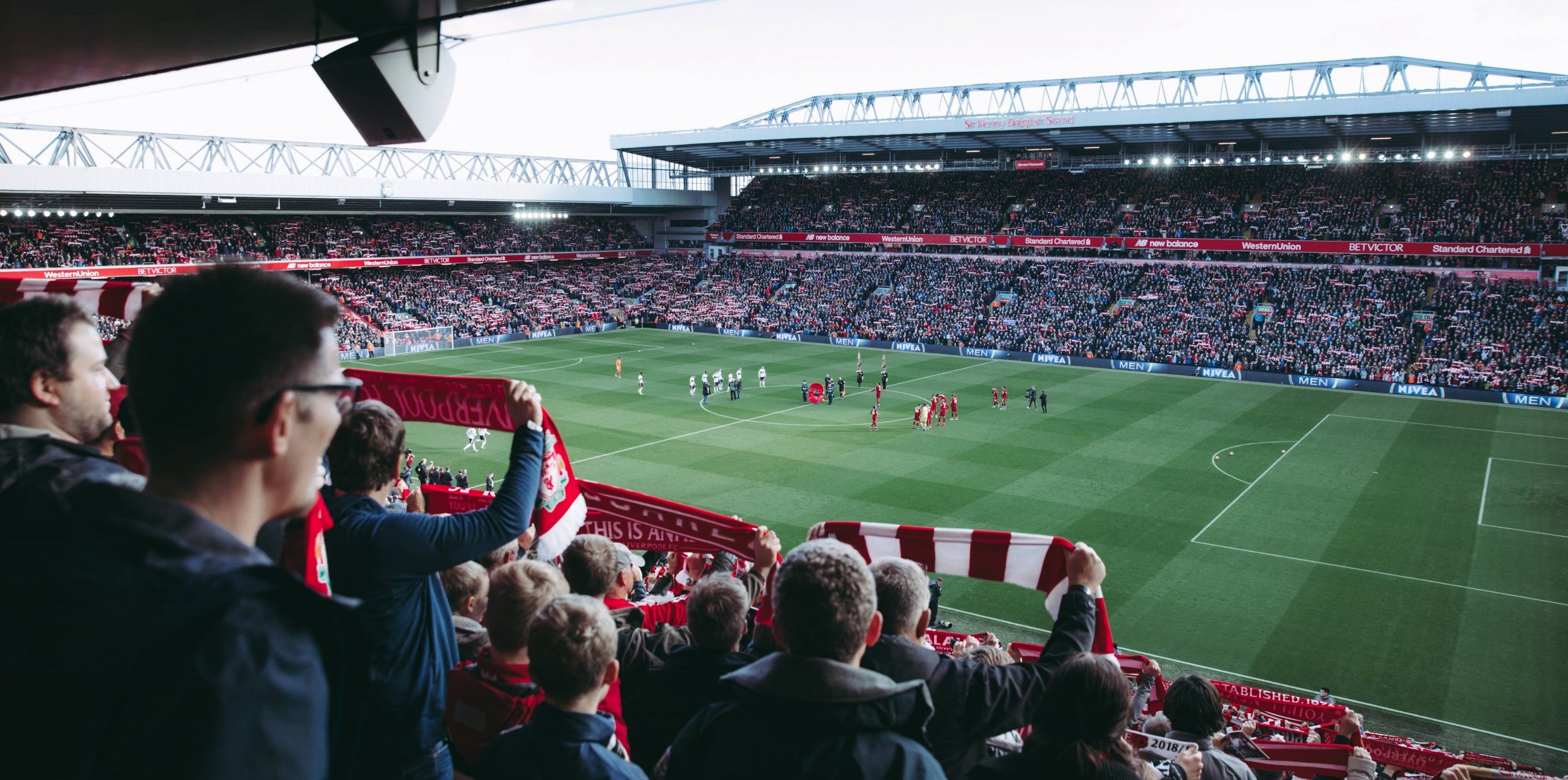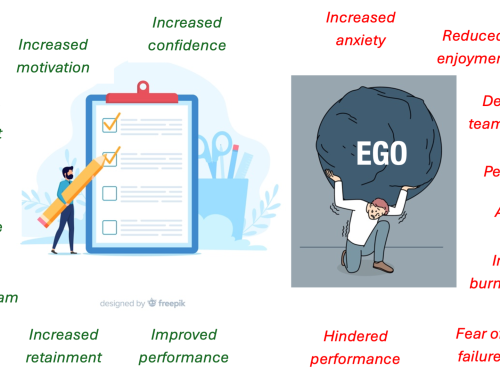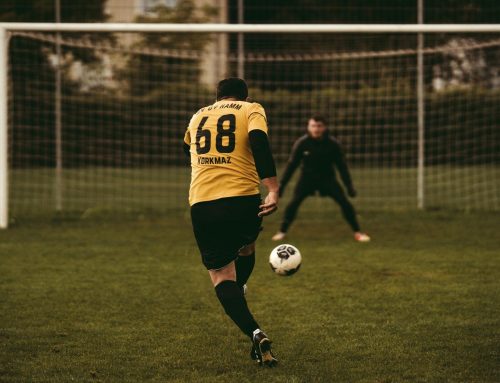By now, no matter what sport you participate in, you’ll no doubt have heard of the furore behind the plans for the creation of the European Super league. If you haven’t, then please think about vacating the rock you find yourself living under.
Sport presenters, pundits and even Prime Ministers have taken the time to share their complete opposition to the new format. But what is interesting is not that these all agree with each other. These people often find themselves at odds to at least one fan base at any given time, especially when football has so many differing opinions. It’s not even surprising that they offer a negative viewpoint, after all, pundits make a job through differing viewpoints and opinions based on their experiences.
What is surprising is that, in the first time in my memory at least, all these stakeholders find themselves in universal agreement with the fans, united in opposition no matter where in Europe they are located. Professional sport is for the fans just as much as it’s for the athletes. So, let’s look at how fans can affect performance.
The fans are the sport….
What is sport without the fans it attracts? Let’s cast aside the financial impact of fans (ticket sales and the like). It still exists, but something seems missing….
Think back over the past year. How many times have you heard athletes, whatever the sport or event has been, say one of the following?
- We miss the fans and they are what is missing in the empty stadiums/arena etc
- Can’t wait to have fans back
- What makes the sport what it is and it’s not the same without them
I’d expect this to be something you’ve heard one of these at least once or twice, if not more, right? I have, whether it’s in a post-match interview, or commentator talking about the impact of fans.
Right now, the Snooker World Championships is a trial event with fans in attendance and players have already stated how the mere presence of spectators impacts their games and mindset and shot selection. But what actually is the impact of fans? Surely the fans don’t affect performance THAT much, especially in a silent room at the Crucible?
Well, you’d be surprised….
The home advantage effect
Sport psychologists aren’t just here to help improve performance through teaching of mental skills. Sport psychologists also take a keen interest in researching different phenomenon in sports, and one of these is the perception of having an advantage when performing at home. We all know it is fair in sports to play at home and away or in neutral venues. But WHY is it fair?
This is something called the Home Advantage effect, where there is clear indication that home teams/athletes perform better than the away counterparts.
Let’s use football, specifically the English Premier League. Between the 2015/16 season and the 2019/2020 season, a total of 1900 matches were played.
- 870 (46%) were home wins
- 453 (24%) were a draw
- 577 (30%) were an away win
You can clearly see that the home team seem to win more. Moreso, this effect has been seen in other top leagues in Europe and beyond, and over greater time periods. But why?
This can be answered by looking at the following: –
Crowd Effect
The main factor thought responsible for the home advantage. Researchers have investigated the effect of the fans, and found that it depends on the sport, as well as the size, intensity of support and proximity to the playing area. But, in essence, the fans have been seen to influence referee decisions in favour of the home team, as well as being able to influence the mood states of the opposition players and coaches which affects sport performance. One study¹ even found that Spanish referees grant more playing time when the home team is narrowly behind in the score…
Travel
Of course, the away team have to travel to matches, so fatigue plays an effect along with having to use the away facilities, which are often not as well equipped as the home dressing room. The good old-fashioned tactic of mind games!
Territoriality
Another interesting factor is that home players feel the need to defend their home territory, with researchers linking this back to our primal instincts. Therefore, we play better at home.
Coaches
Coaches tend to adopt more offensive strategies at home rather than away, which could partially explain the home advantage in sport.²
Is this always the case?
Not at all, but there is evidence to suggest that it’s most of the case. But think about the past year, with little to no fans at sporting events. There is still evidence to show that there is still an advantage to playing at home.³ Alongside this, how about local or same-stadium derbies, where travel isn’t a big issue. The fact that there is still a home advantage effect in these games suggests that it’s not just fans, but a complex relationship between all of these factors mentioned above.4
The home advantage is a complex phenomenon which is ever-present in sport. The intention of this article was to get you thinking about how being at home can relate to improved performance. One thing I think about often is how this affects athletes at home events, for example, London 2012. Despite being new facilities to all athletes, how much did a home Olympics contribute to the amazing medal haul and performances of Team GB? There was no acclimatising to a new time zone, or weather conditions. But I must emphasise that I don’t want to take away from the dedication and effort these athletes undertook to reach the top of their sport, and you shouldn’t fall into that trap too!
Finally…
The fans aren’t the people that just turn up and cheer or support their favourite team or performer. They are a huge part of the success which clubs and athletes achieve. That is what sports performers mean when they say that their sport isn’t the same without the fans. It’s not money, it’s loyalty, which money can’t buy…





Leave A Comment